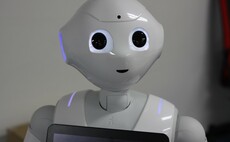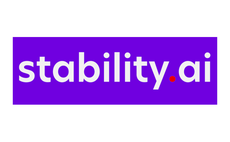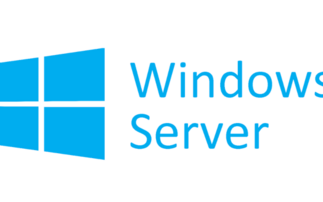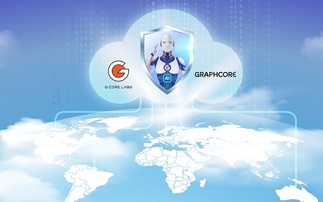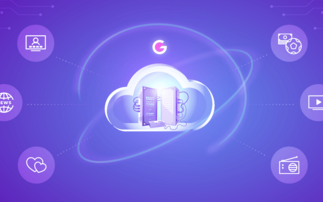Facebook's next-generation systems for AI computing are based on Nvidia Tesla GPUs
Facebook is set to open up the design of the custom server hardware developed by the firm to provide the machine learning and artificial intelligence (AI) power behind its platform. Facebook sai...
To continue reading this article...
Join Computing
- Unlimited access to real-time news, analysis and opinion from the technology industry
- Receive important and breaking news in our daily newsletter
- Be the first to hear about our events and awards programmes
- Join live member only interviews with IT leaders at the ‘IT Lounge’; your chance to ask your burning tech questions and have them answered
- Access to the Computing Delta hub providing market intelligence and research
- Receive our members-only newsletter with exclusive opinion pieces from senior IT Leaders









